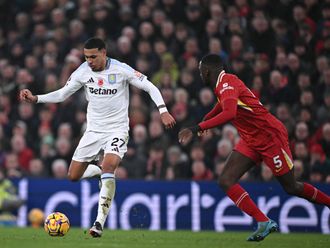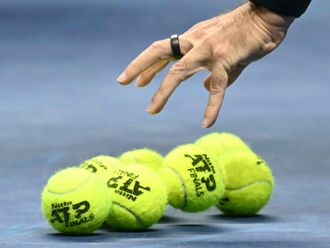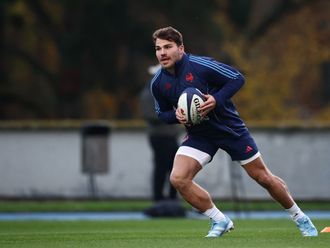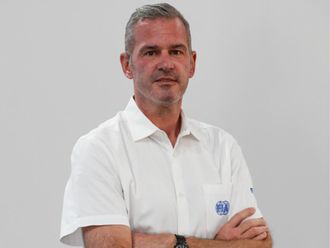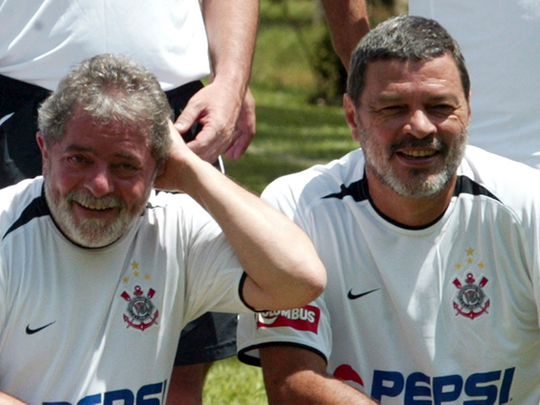
Sao Paulo: Socrates Oliveira died on Sunday at the age of 57. He died in hospital, Brazilian media reported, citing hospital sources.
Socrates was the skipper of Brazil at the 1982 World Cup, a team widely-regarded as one of the finest never to have won the title.
Socrates - who also played at the 1986 World Cup finals - was a flamboyant footballer who boasted a myriad of contradictions.
He was a qualified doctor who never gave up his enjoyment of a smoke and a drink; he was an outspoken political activist, regularly protesting against the Brazilian military junta of the 1970s and 1980s.
He once listed his heroes as Fidel Castro, Che Guevara and John Lennon, fathered six children and spent his retirement penning passionate articles on politics and economics as well as sport.
Socrates won 60 caps for Brazil, scored 22 goals and was a contemporary of the great Zico.
After officially ending his playing career in 1989, he bizarrely reappeared 15 years later, at the age of 50, with Garforth Town, an amateur side in the backwoods of northern England where he featured for just 10 minutes of action.
During his peak, Socrates embodied the romantic side of the beautiful game, Brazil's beloved national sport, which was being threatened by cynicism, pragmatism and creeping commercialism.
Born in Belem on February 19, 1954, Socrates Brasileiro Sampaio de Sousa Vieira de Oliveira started his career with Botafogo in 1974.
In 1978, he moved to Corinthians in San Paolo, where he spent six seasons, scoring 172 goals in 297 matches.
It was a record which brought three domestic titles in 1979, 1982 and 1983.
Socrates helped found the Corinthians Democracy movement with the playing squad taking over the management of the club.
In 1982, the players had "I want to vote for my president" printed on the back of their shirts in a daring, public act of defiance during the first elections since the 1964 military coup.
His successful pursuit of a doctorate in medicine as well as his growing political awareness, earned Socrates the nickname "Doctor Socrates".
After a brief spell with Italian side Fiorentina, from 1984 to 1985, Socrates returned to Brazil, playing at Santos and then Botafogo.
"The way of life is so correct and organised in Europe. It's not like that in Brazil, where things are more spontaneous," Socrates told an interviewer in 2010.
"I was in Florence for a year with Fiorentina and sometimes I didn't want to train, but to hang out with friends, party or have a smoke. There's more to life than football."
He ended his full-time playing career in 1989 before moving into the media, but his drinking was always a danger even if he did not think so.
"I never had many problems with alcohol because I was not addicted," he told SporTV Reporter last month.
"All the time I interacted with alcohol as if it were a partner, but I never had withdrawal symptoms. I spent long periods without use."


![Copy of Copy of 568659-01-02 [1]-1731435828185](https://imagevars.gulfnews.com/2024/11/12/Copy-of-Copy-of-568659-01-02--1--1731435828185_193219e13e3_small.jpg)
